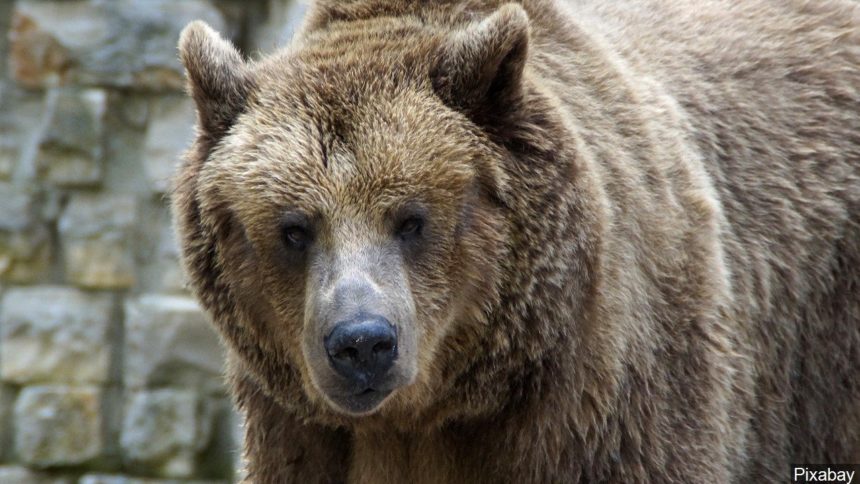US, Wyoming urge rejection of ruling that blocked bear hunts

BILLINGS, Mont. (AP) - Attorneys for the U.S. government and the state of Wyoming urged an appeals court Tuesday to throw out much of a judge's ruling that blocked the first grizzly bear hunts in the Lower 48 states in almost three decades.
The case is before the 9th U.S. Circuit Court of Appeals. It involves more than 700 grizzly bears in and around Yellowstone National Park that had their protections stripped away and then restored by a judge in Montana just as hunting was scheduled to begin.
U.S. Justice Department attorney Joan Pepin argued during a hearing held by video conference that Judge Dana Christensen wrongly concluded in his 2018 ruling that the bears' long-term genetic health was in doubt.
Pepin also said the judge should not have required a review of grizzlies across their entire range before lifting protections for the Yellowstone region bears.
Attorneys for environmental groups and Native American tribes that consider grizzlies sacred say lifting protections in the Yellowstone region of Montana, Idaho and Wyoming could have ramifications for the entire species.
And while Yellowstone bears are not in immediate danger of losing genetic diversity, they say the animals need continued protections to preserve their hard-fought recovery from near-extinction last century, when the population dropped to only 136 animals.
"Not a single (scientific) paper has said they are OK in the long term," said Matthew Bishop with the Western Environmental Law Center.
Outside the Yellowstone region, about 130 grizzlies roam areas of northern Idaho, northeastern Washington and southern British Columbia. The largest concentration of the animals in the Lower 48 is in northwest Montana around Glacier National Park, where an estimated 1,000 bears live.
Federal officials did not challenge other concerns raised by Christensen, including whether sufficient safeguards are in place to keep the bears from sliding toward extinction if states have authority to hold public hunts.
The Fish and Wildlife Service already is working on that issue, according to court documents. However, it has not wavered from the position that protections are no longer warranted.
"The greater Yellowstone grizzly bear no longer meets the definition of a threatened species," Pepin said. "This is how the Endangered Species Act is supposed to work. The misperception th at delisting is bad for species conservation is not the case."
An attorney for Wyoming, Jay Jerde, said the appeals court should go much further than U.S. officials asked. Wyoming wants to reinstate the 2017 Fish and Wildlife Service decision that removed protections and allowed states to hold hunts.
Grizzly bears were listed as a threatened species in 1975. They have slowly regained territory and increased in numbers in the ensuing decades, but still occupy only a small portion of their historical range.
The 2018 hunts that had been scheduled in Idaho and Wyoming would have killed up to 23 bears. State officials maintained that many deaths was sustainable given the number and expansive range of the animals.
In his ruling that blocked hunting, Christensen said the struggle to return bears to other areas of the Northern Rockies was not given enough consideration when officials decided to lift protections for Yellowstone's grizzlies.
An estimated 50,000 bears once roamed the contiguous U.S. Government-sponsored programs led to most being poisoned, shot and trapped by the 1930s.
